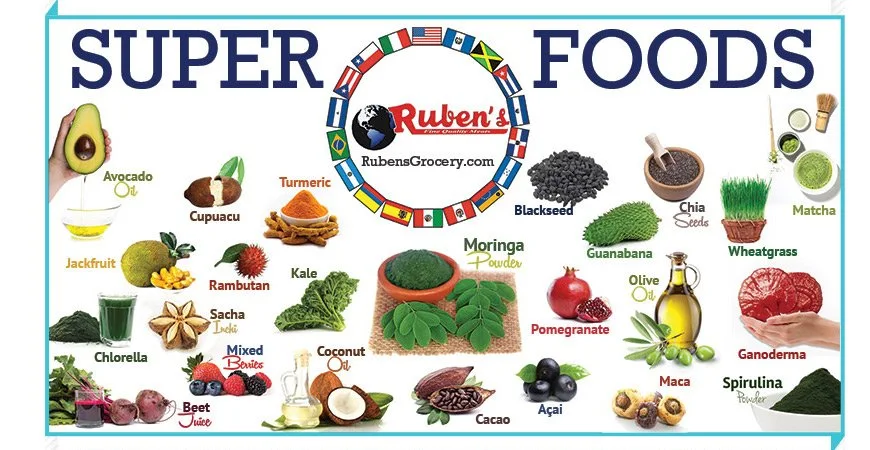Unveiling the Truth: 7 Nutrition and Diet "Facts" Debunked
In the realm of nutrition and diet, misinformation often spreads like wildfire, fueled by well-known figures such as Dr. Oz. However, it's crucial to sift through the noise and separate fact from fiction. In this comprehensive guide, we debunk seven widely accepted nutrition and diet "facts" perpetuated by influential personalities like Dr. Oz.
1. Detox Teas for Weight Loss: The Deceptive Promise
Reality Check: Many endorse detox teas as miracle solutions for shedding pounds rapidly. Dr. Oz himself has praised their efficacy. However, the truth is that these teas often lead to temporary water weight loss, not sustainable fat loss. Scientifically, no tea can magically melt away fat; a balanced diet and exercise remain the key players in achieving lasting weight loss.
2. Gluten-Free Diets: A Trend Misinterpreted
Setting the Record Straight: Dr. Oz and others have popularized gluten-free diets as a panacea for various health issues, not just celiac disease. Yet, for those without gluten sensitivity, cutting out gluten may lead to nutrient deficiencies. Gluten-free alternatives can lack essential nutrients, and adopting this diet without proper reason may do more harm than good.
3. Superfoods: Are They Truly Super?
Fact vs. Fiction: Dr. Oz often champions superfoods as nutritional powerhouses capable of preventing diseases. While these foods are undoubtedly rich in nutrients, labeling them as "super" can create unrealistic expectations. A balanced diet with a variety of nutrient-dense foods is key. Relying solely on superfoods may result in an imbalanced nutritional profile.
4. Caloric Restriction: The Dark Side of Extreme Dieting
Debunking the Myth: Dr. Oz and others advocate for extreme caloric restriction as a quick route to weight loss. However, this approach can lead to nutrient deficiencies, slowed metabolism, and even muscle loss. Sustainable weight loss involves a gradual caloric deficit and a focus on nutrient-dense foods to maintain overall health.
5. Fad Diets: Short-Term Gains, Long-Term Pains
Truth Unveiled: Dr. Oz's endorsement of various fad diets often garners attention, promising rapid results. Yet, these diets are typically unsustainable and can result in nutrient imbalances. A well-rounded, sustainable approach to eating is more effective in achieving and maintaining a healthy weight.
6. Supplements: Not a One-Size-Fits-All Solution
Navigating the Hype: Dr. Oz frequently introduces new supplements as miraculous health solutions. However, relying solely on supplements can't compensate for a poor diet. Understanding individual nutritional needs and obtaining nutrients from whole foods is essential for overall well-being.
7. Juice Cleanses: The Short-Term Fix
Unraveling the Myth: Dr. Oz's endorsement of juice cleanses for detoxification has gained traction. However, the body has its built-in detoxification systems, and extreme cleanses may do more harm than good. A balanced diet that supports the body's natural detox processes is a more sustainable approach.
Conclusion:
Navigating the Sea of Nutritional Misinformation
In conclusion, it's imperative to approach nutrition advice with a discerning eye, even when it comes from well-known figures like Dr. Oz. By debunking these common myths, we empower ourselves to make informed and sustainable choices for our health.




.jpg)











0 Comments